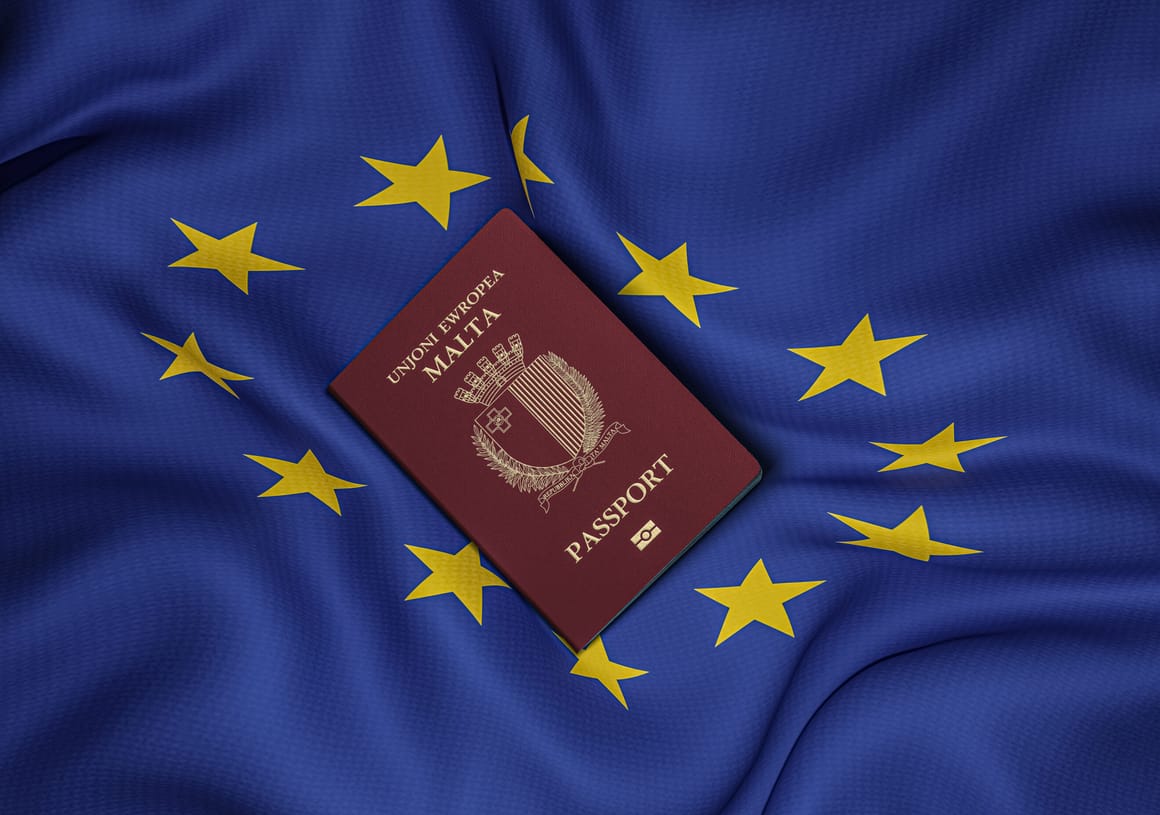Malta: Golden Passport Controversy and Its Impact on EU Law
Malta, a picturesque island nation in the Mediterranean, has found itself at the center of a heated debate over its so-called 'golden passport' scheme. This program, which offered citizenship in exchange for significant investments, has come under intense scrutiny from the European Union. The following article explores the recent developments, what they mean for Malta, and how they might affect the country's standing in the EU.

What Was Malta's Golden Passport Scheme?
For several years, Malta ran a citizenship-by-investment program, commonly known as the 'golden passport' scheme. This initiative allowed foreign nationals to acquire Maltese citizenship after making substantial financial contributions. Applicants were required to pay at least €600,000, along with either buying or renting property of a certain value, and donating to charity.
The Maltese government asserted that the scheme generated significant wealth for the country. In fact, over €1.4 billion has been brought in since the program began in 2015, which helped fund national investment and savings projects.
EU Court Ruling: A Landmark Judgment
However, this program recently collided with EU principles. The European Court of Justice ruled that Malta's golden passport scheme breaks EU law. The court argued that granting citizenship in exchange for payment turns nationality into a mere commercial transaction. This judgment stated that such approaches jeopardize the mutual trust between EU member states, as Maltese citizenship also grants EU rights, including freedom to live and work across the bloc.
For more details on the court ruling and its implications, read the BBC’s in-depth coverage of Malta’s golden passport controversy. The POLITICO article also provides an excellent overview, highlighting how the scheme was viewed as the "commercialisation" of citizenship and violated good faith within the EU.
Malta’s Response and the Future
Malta's government respects the court's decision and is currently reviewing how its citizenship framework can be aligned with the principles outlined in the judgment. Authorities in Malta have made it clear that issues regarding citizenship, in their view, should remain under national control. Nevertheless, they have signaled their intent to adjust laws as necessary to comply with the EU court’s directives.
The impact of this ruling may go beyond Malta. Similar investor citizenship schemes in Cyprus and Bulgaria have already been scrapped following European pressure. The EU Commission has stated that European citizenship should not be for sale, urging all member states to abolish such programs.
What Does This Mean for Investors and Citizens?
Anyone who acquired Maltese citizenship through the investment scheme before the ruling is expected to remain unaffected for now. However, this judgment could dampen future demand, as the program is reevaluated and possibly restructured.
This situation underscores the challenges of balancing national interests with EU-wide legal and ethical standards. Malta’s experience serves as a reminder of the EU’s commitment to upholding mutual trust among its member states while maintaining the integrity of European citizenship.
Conclusion
The golden passport ruling marks a significant turning point for Malta. As the nation adapts to new EU legal standards, it continues to attract global attention both for its natural beauty and its evolving role in European politics. If you’re interested in global citizenship trends or considering investment opportunities in Malta, staying updated on regulatory changes is essential.
For more on the broader legal and political impact, be sure to check out
POLITICO's coverage on the EU court ruling
and review the background and outcomes provided by the BBC.